Published
- 07:00 am

The new AWS Quick Start for Qumulo Cloud Q will get customers up and running fast. This new, simple, and fully automated deployment experience enables customers to build fully cloud-first AWS file systems ranging from 1TB to 6PB in minutes. In addition, Qumulo offers 1TB and 12TB AWS free trials in AWS Marketplace, a digital catalog with thousands of software listings from independent software vendors that make it easy to find, test, buy, and deploy software that runs on AWS, so customers can try before they buy.*
“Customers want to build fast on cloud and expect to go from trial to deployment in minutes. AWS Quick Start for Qumulo Cloud Q helps them focus on innovation, not infrastructure, by building simple enterprise cloud file storage fast,” said Ben Gitenstein, Vice President of Product at Qumulo. “This is another example of Qumulo working closely with AWS, to deliver differentiated file storage for AWS customers.”
This new AWS Quick Start for Qumulo Cloud Q expands scenarios customers can test, building on the success of Qumulo Studio Q – an AWS Quick Start geared for the Media and Entertainment (M&E) industry. These are the easiest ways to leverage Qumulo’s Gartner Magic Quadrant leading capabilities on AWS. Qumulo grew on AWS in 2021 due to a rapidly expanding roster of customers including the biggest names in M&E, Healthcare, Life Sciences, Energy, and Financial Services.
“Without a high-performance file system in the cloud, our workflow would be impossible. Qumulo is at the foundation of our AWS storage solution. Without it, we wouldn’t be able to expand to the capacity that we have,” said Jason Fotter, co-founder and CTO, FuseFX.
The new AWS Quick Start for Qumulo Cloud Q supports almost all AWS regions globally and also supports deployments on AWS Local Zones and AWS Outposts. To learn more about how your enterprise can accelerate work in the cloud with Qumulo on AWS, contact us today.
*underlying AWS infrastructure costs may apply
Related News
- 08:00 am
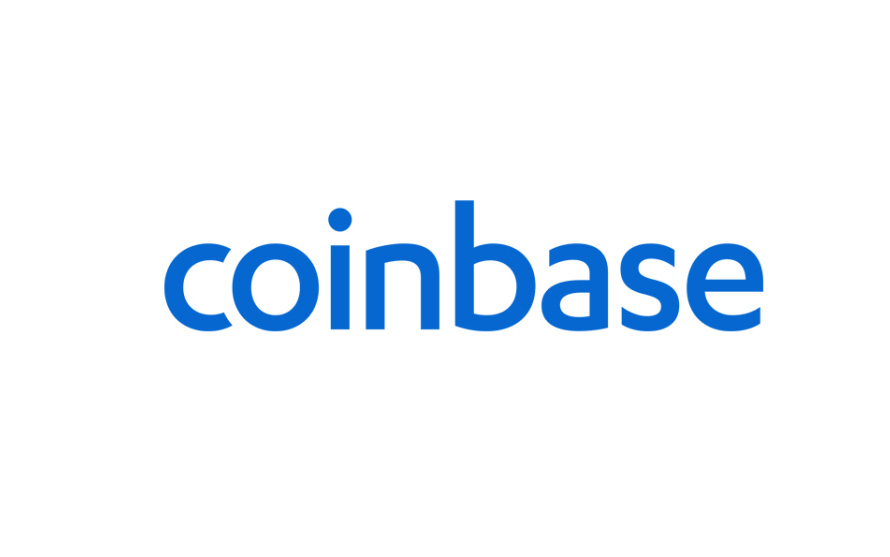
Coinbase, the global cryptocurrency exchange platform, has published its latest market intelligence report, looking at the future of Ethereum.
The report, published by Head of Institutional Research, David Duong, provides insights into the role of Eth 2.0. The report includes insights into the impact of Eth 2.0 on the cryptocurrency market and how it may influence future activity. David is available for an interview, upon request. The full report can be accessed, here, however, key highlights are also listed, below.
Key report findings:
- ETH 2.0 is set to disrupt L1s (eg Solana and Avalanche) by resolving its scalability issues and reducing the high gas fees associated with ETH
- Most apps on L1 networks are being developed in the Ethereum blockchain – meaning that their value is at risk once ETH 2.0 becomes a faster and cheaper option
- The upcoming merge of Ethereum’s Mainnet with the Beacon Chain will transition Ethereum from a proof-of-work to a proof-of-stake consensus mechanism. This is important because it could mean more ETH being staked and less being created. Coinbase believes this could reduce ETH issuance by up to 90% and the amount being sold on exchanges by at least 30%-50%.
- Coinbase believes there is room for multiple chains to coexist – not least as the official implementation for ETH 2.0 has moved forward to 2023 and also as the industry is constantly evolving, meaning that algorithm improvements could lead to better sharing across L1 networks in the future.
- However, the window of opportunity for L1 alternatives is expected to narrow considerably in H2 2022 – as Coinbase foresees Zk proof technology to improve and rollups to gain more widespread use – improving transaction execution speeds and reducing fees.
David Duong, Head of Institutional Research at Coinbase commented on what this could do to the value of ETH:
“In a proof of work model, miners tend to be forced sellers due to high overhead costs associated with maintaining expensive rigs that verify transactions. However, in a transition to a proof-of-stake model with validators, ETH issuance comes down first because there are fewer validators than miners and there's less ETH forced selling as competition to validate transactions is avoided and thus lower operating expenditures.
“There have been a lot of similar estimates in terms of issuance reduction, but the 30-50% reduced selling is what could create upward pressure on ETH price from a supply-demand perspective”.
Related News
- 04:00 am

Appoints seasoned payments executive as new Chair of the Board
- Company upsizes funding round by approximately US$100 million with participation of Temasek and MissionOG, following lead investment from Advent International and Viking Global
- Gene Lockhart, former CEO and President of Mastercard International, appointed Chair
- Company investing heavily in cutting edge technology to power next generation payments
- Will expand operations across Europe, Asia-Pacific and the Middle East and North Africa
- GPS reports record revenues and processing volumes in 2021
Global Processing Services (“GPS”), the leading global payment technology platform, today announced the closing and upsizing of its latest fundraise at over US$400 million. Temasek the global investment company headquartered in Singapore, and MissionOG, a US-based growth equity firm, joined the over US$300m initial round, co-led by growth investors Advent International – through Advent Tech and affiliate Sunley House Capital – and Viking Global Investors.
GPS is an API-first payment technology platform, which enables innovative card programmes for the world’s leading fintechs, digital challenger banks and embedded finance providers. GPS’ technology and partnership approach has helped scale some of the most successful disruptive fintechs around the world, including Revolut, Curve, Starling Bank, Zilch, WeLab Bank, and Paidy, among others.
Through GPS’ next generation cloud platform, its customers and partners can design, launch, manage and scale card programmes across 48 countries. To date, GPS has issued over 190 million physical and virtual cards, and last year processed more than 1.3 billion transactions, generating record revenues.
The additional investment and strategic support from the new investors aim to further accelerate GPS’ growth trajectory. Leveraging its strong reputation and innovative technology platform, the company plans to respond to customer demand by expanding internationally across Europe, APAC and MENA, and accelerating new product and technology developments. The new investors joining Advent and Viking bring deep fintech and payment expertise globally.
GPS Board strengthened with new Chair
Concurrent with the investment closing, Gene Lockhart, Chair and General Partner of MissionOG, has been named as the new Chair of GPS.
A seasoned investor, accomplished senior executive, and respected payments innovator, Gene has significant operational and investment experience across the financial services and payments industries. Gene’s prior leadership roles include serving as the President and CEO of MasterCard International, and serving as a board member of companies including NuBank and First Republic Bank, amongst many others.
Gene Lockhart, Chair, at GPS, said:
“GPS is an innovative technology company, and we believe their unique position at the heart of the global payments ecosystem ideally positions them to power the next generation of financial services. With the deep network and experience MissionOG brings to the table, we look forward to being a trusted and valued partner of Joanne and the entire team.”
Joanne Dewar, Chief Executive Officer at GPS, said:
“The upsizing of this latest round of investment is an important step forward for the company and a strong endorsement of our strategy. We are a company that has grown rapidly in recent years, driven by our commitment to innovation and the delivery of a single scalable technology platform. The expertise that our new partners bring to GPS will be invaluable as we enter our next phase of geographic expansion and technology innovation.”
Related News
- 09:00 am
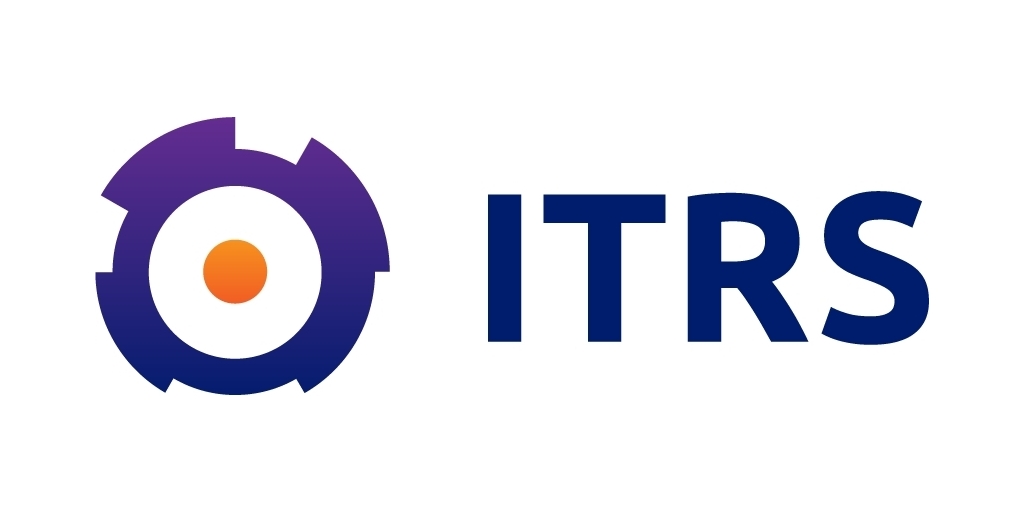
Latest findings from ITRS Group highlight urgent need for investment in strong operational resilience in post-pandemic landscape
A new global survey from leading software provider ITRS Group has found financial services firms are struggling to keep up with an unprecedented rate of digital transformation in the wake of the COVID-19 pandemic.
The survey reveals that the IT environment of 84% of financial institutions has changed more in the last 12 months than in the company’s lifespan. Digital transformation was reported to be the main driver of this trend, with 70% of respondents citing this factor. In fact, 94% of firms agreed that digital transformation is putting stress on their IT systems, compromising real-time data analysis, and creating storage and security issues.
With 53% of firms already experiencing at least one full day of downtime every year, a figure which is on the rise, the development and onboarding of IT monitoring solutions is critical to ensure firms’ systems can cope with the rapid rate of digital transformation. Yet, amidst tightening budgets, operational resilience is dropping down the list of priorities. With almost eight in 10 firms selecting lower quality IT solutions as a direct result, IT resilience has been further compromised – at a time when it is more important than ever.
Commenting on the findings of the report, Guy Warren, CEO of ITRS Group, said: “Moving forward, operational resilience is something that firms simply cannot afford to compromise on. The pandemic has forced digital transformation to move at warp speed in order to allow businesses to keep up with rapidly changing norms and expectations. While there’s no doubt this shift has brought with it significant benefits, it is only now as we bunker down for a ‘COVID normal’ future that we are beginning to see the cracks. We are now hyper-dependent on complex digital systems that very few people on this planet could explain the mechanics of, let alone monitor manually.
“These results demonstrate once and for all the acute need for operational resilience. It’s already firmly on the agenda of regulators around the world, as well as customers, who are more likely than ever to take their business elsewhere in the face of repeated outages. The industry itself is now playing catch-up. Third-party solutions are a good way to deploy comprehensive IT estate monitoring on a shoestring budget, while still being able to ride the wave of digital transformation.”
The survey drew insights from over 300 technology and IT executives across North America, Europe and APAC.
You can access the full results from the survey, “Financial institutions forgo critical IT spend: a global survey on operational resilience” here.
Related News
- 03:00 am
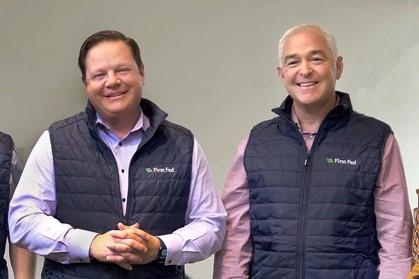
First Northwest Bancorp (FNWB) announced a new fintech partnership with Splash Financial, a leading digital lending platform that helps borrowers easily shop and compare financial products. Through its subsidiary, First Fed Bank, FNWB will work collaboratively with Splash to develop and deploy consumer loan products and solutions throughout the country.
“Our strategic partnership brings together the best of fintech and community banking,” shared Matt Deines, CEO of FNWB and First Fed. “We are excited to partner with such an innovative company to meet the needs of customers across the United States.”
“As a leading digital lending platform, we leverage technology to make it easy for borrowers to shop and compare financial products. So we are excited to partner with First Fed and expand our lending opportunities to meet a more diverse range of customers and their needs,” stated Steve Muszynski, Founder and CEO of Splash Financial.
Splash Financial is a national leader in refinancing student loans, helping consumers save money on educational financing and personal loans. Splash raised $44M in Series B in June 2021, bringing its total funding to $60.9M.
First Fed received a best-in-state bank award from Forbes in 2021. Also, the community bank was recognized as a “middle market fast 50” and “best workplace” by Puget Sound Business Journal. First Fed will be celebrating its centennial in 2023 in Port Angeles, Washington.
Related News
- 04:00 am
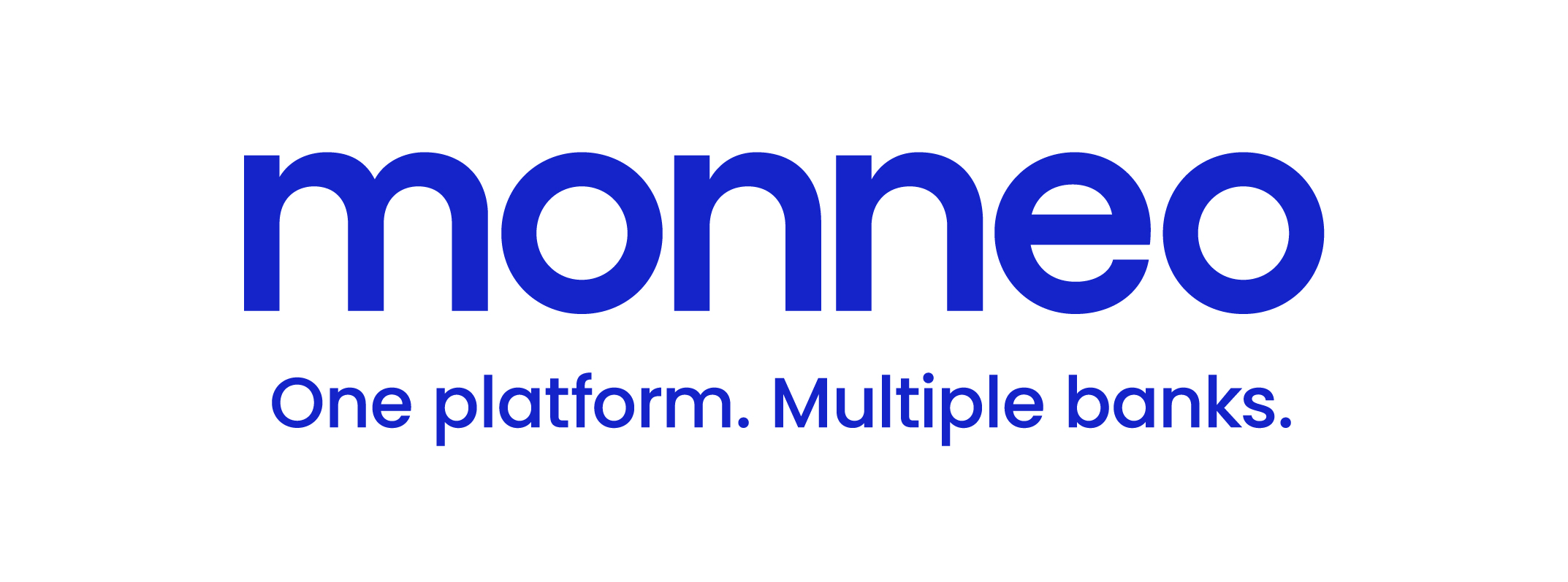
Monneo, a virtual IBAN and corporate account provider has added a new European bank partner to its banking network, meaning it can now offer multi currency IBAN accounts to customers. The updated service allows merchants to receive international payments in more currencies, whilst still retaining the ability to securely store all funds in one centralized account.
With Monneo’s multi currency IBAN accounts, customers can now receive payments in over 20 different currencies, including: AUD, CAD, CHF, CZK, DKK, EUR, GBP, HKD, HUF, NOK, NZD, PLN, SEK, SGD, TRY, USD, YEN and ZAR.
Monneo already supports 134 currencies and several digital currencies for outgoing payments through its IBAN solution. This leading service is only possible as a result of the company’s partnership agreements with major banks. Moving forward, Monneo’s clients can now also choose, and connect, to more than ten banks in its banking network.
Multi currency IBAN accounts have several benefits for customers. For one, this form of system prevents users from having to open and manage different accounts in different countries, thus eliminating the administrative burden of dealing with multiple currencies. Instead, by offering a secure, automatic and simple solution to globalized banking, multi currency IBAN accounts present greater opportunities for growth.
By adopting a multi currency IBAN account, businesses are able to spend less time and resources on administrative and transaction fees. Additionally, with Monneo’s multi currency IBAN accounts, businesses can easily establish records of transaction and client history, whilst retaining the same account number for counterparties. As such, the solution is particularly suited to companies in the eCommerce and international business sectors.
Speaking on the new update, Lili Metodieva, Managing Director of Monneo commented: “A multi currency IBAN account can be very advantageous for businesses, particularly for eCommerce merchants who commonly sell products and services in multiple markets and would like to receive settlement funds from their acquirers in like-to-like currencies. Instead of opening a local bank account in multiple locations, the multi currency IBAN account allows merchants to receive international payments in different currencies and store them in one account.
“By making more currency options available on inflow payments, we’re aligning our service offering with the needs of our customers. In recent months, we’ve worked to do this in other areas of our business, including the launch of our card acquiring service, which allowed us to offer a full payment ecosystem to our customers. We’re anticipating more exciting announcements soon that our customers should keep an eye out.”
For more information about Monneo’s multi currency IBAN accounts, please visit: https://www.monneo.com
Related News
- 06:00 am

Retailers often build their own “orchestration” platforms for payment processing and routing, but these can be complex to maintain. Spreedly plays in this space, and, last year, new startup Gr4vy launched in the U.S. to do this in an even more fleet-of-foot manner, it claimed.
It raised an $11.1 million Series A last year to do that, but today it’s unveiled a further $15 million in Series A extension funding, led by March Capital, taking its total Series A stage funding to $27.2 million (including previous seed funding). The company claims this has now meant a doubling of its valuation to $115 million.
The San Mateo-based startup also attracted participation from Nyca Partners, Activant Capital and Plug and Play Ventures.
Unusually for orchestration platforms, Gr4vy’s cloud-native payment orchestration platform (POP) also offers Instances, which provides merchants infrastructure in the cloud. It now has partnerships with GoCardless, Banked and Akoova.
John Lunn, founder and CEO of Gr4vy told me:
“The pandemic has made things difficult but has also been a massive opportunity because everything went online. A lot of companies and retailers’ systems weren’t prepared or fit for purpose. They went from processing 5% of their transactions online, and everything else in-store, to suddenly 100% online. So I think there’s been a huge advantage to the acceleration of digital partially caused by the pandemic.”
McKinsey projects that by 2025 global payments revenue will reach roughly $2.5 trillion, and by 2024 e-commerce retail sales are expected to account for 21.8% of all retail sales worldwide.
Solomon Hailu, partner of March Capital said:
“Digital payments methods today come in more forms than ever before, resulting in merchants feeling overwhelmed… March is excited to partner with John and the Gr4vy team as they help merchants simplify and manage payment infrastructure via a cloud-native, easy-to-use, orchestration platform at a time when ecommerce strategy is mission-critical.”
Related News
- 09:00 am
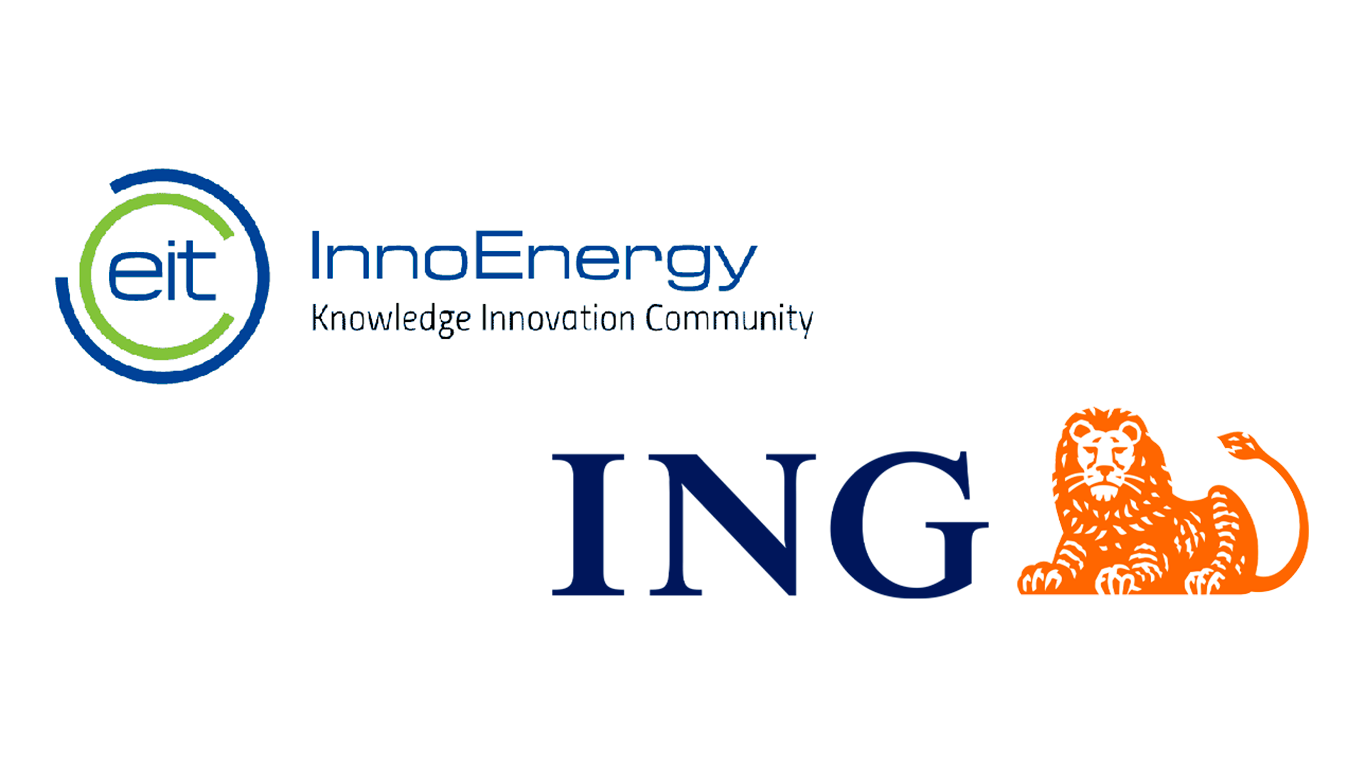
ING announced as first financial institution to become shareholder of EIT InnoEnergy
Amsterdam-headquartered global financial institution ING, has become the first financial institution shareholder in EIT InnoEnergy, the innovation engine for sustainable energy across Europe supported by the European Institute of Innovation & Technology (EIT), a body of the European Union.
Motivated not only by the urgent threat of climate change, but also by the conviction that sustainability is a core value-driver, ING is constantly setting new targets to contribute to the transition of the economy. The investment in EIT InnoEnergy is a testament to ING’s commitment to support the energy transition. ING joins other leading companies actively involved in the energy transition as an EIT InnoEnergy shareholder, such as Volkswagen, TotalEnergies, Naturgy, and EDF.
Since 2010, EIT InnoEnergy has invested €560 million in over 380 companies with a combined forecasted turnover of over €16 billion by 2026. Standout successful investments included in EIT InnoEnergy’s portfolio include lithium-ion battery manufacturer, Northvolt, ultracapacitor energy storage solutions provider Skeleton Technologies, mobility solutions innovator Hardt Hyperloop and integrated, digital greenfield steel plant H2 Green Steel. Furthermore, more than 1,400 students have completed the EIT InnoEnergy Master’s programme and many are now working for major energy companies.
Jacob Ruiter, CEO EIT InnoEnergy Benelux said:
“Sustainable innovations that support the energy transition – like green hydrogen or battery technologies – also depend on banks and companies working together and investing in a green future. ING’s pioneering commitment to sustainable energy through its investment into EIT InnoEnergy is a pivotal one for us as we move into 2022. Together, with major financial and industrial businesses we are making significant impact towards affordable energy which is accessible globally while reducing emissions.”
Gido van Graas, global head of New Energy Technologies at ING said:
“I am extremely proud that ING and our Sustainable Investment Fund became part of EIT InnoEnergy’s ecosystem, supporting the decarbonisation of society. Sustainability, energy innovations and the energy transition are focus areas at ING, as demonstrated by our commitment to the Net-Zero Banking Alliance and how we’re aligning our portfolio with net-zero climate goals, for example. Partnering with EIT InnoEnergy is a major opportunity to further support the energy transition through new and clean energies like battery storage, green hydrogen and solar PV.”
EIT InnoEnergy supports more than 30 start-ups and innovations in Benelux and another 350 across Europe.
Related News
- 03:00 am
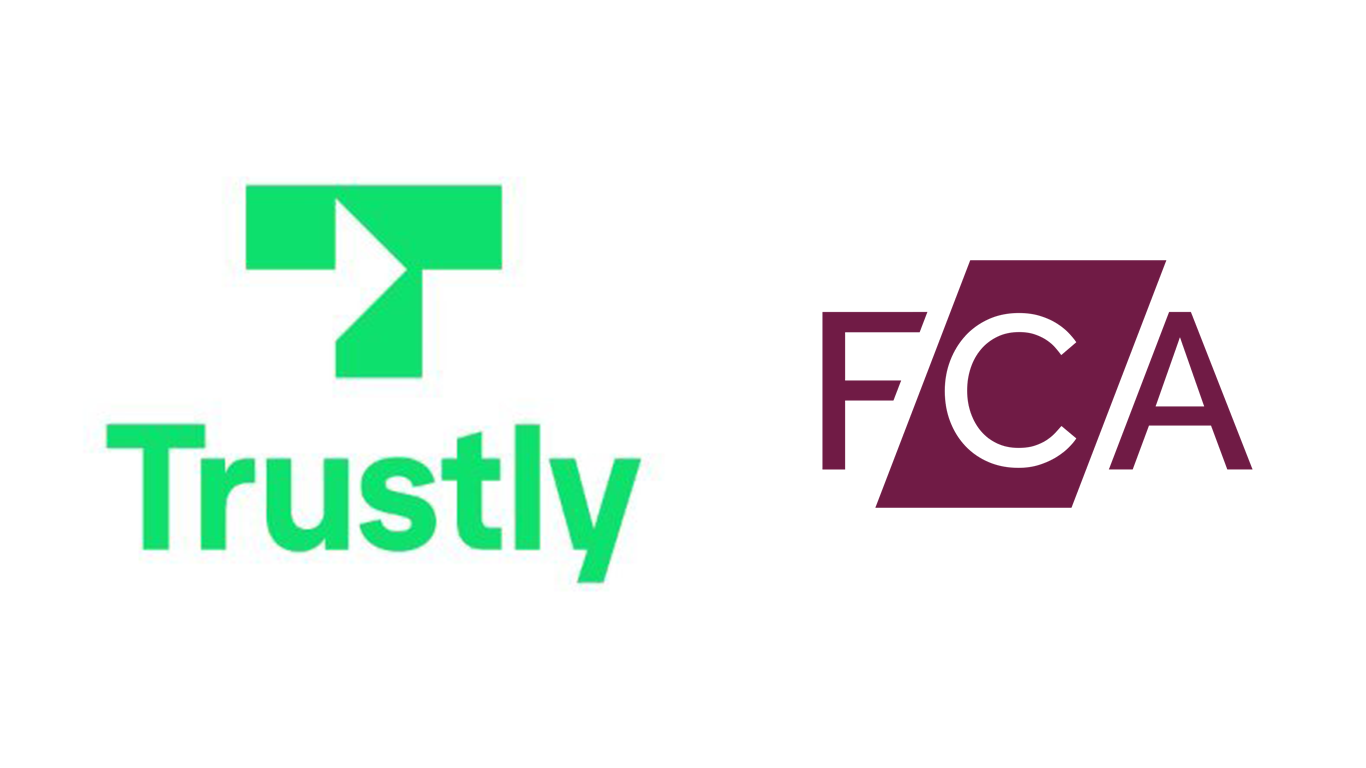
· Some 77% of businesses are worried about losing customers following the implementation of the new FCA regulations
· Yet nearly three quarters (74%) of businesses admitted that in spite of this, they plan to increase premiums
· More than one in five insurers (24%) plan to increase premiums by 61-70%, adding £260-£300 to the UK’s average comprehensive car insurance1
· A third of insurers (32%) plan to differentiate themselves by offer multiple methods of payment to draw in new customers
More than three-quarters of businesses (77%) are concerned that they will lose customers following the implementation of the Financial Conduct Authority’s (FCA) pricing review which was put into place on the 1st January 2022, according to new research from Trustly, the leading global payments platform for digital account-to-account transactions.
The updated review - which forces insurers to improve competition and protect customers from loyalty penalties - has seen more than three quarters (76%) of businesses change how they calculate their quotes for home and motor insurance, despite 64% feeling concerned that this will cause them to lose their competitive edge when looking for new customers.
In fact, prior to the FCA’s new rules, more than two thirds of insurance companies confirm that they offer competitive quotes with the view of drawing in new customers.
However, now required to offer renewing customers a price that is no higher than they would pay as a new customer, insurers are looking for new ways to draw customers in. Some 32% plan to offer new methods of payment to meet changing consumer demands, whilst 29% plan to offer instant refunds at the beginning of a contract for claims. Others are focusing elsewhere. A third (30%) intend to offer vouchers to other services such as Amazon, whilst 29% plan to offer dedicated contacts for each customer.
Whilst the FCA estimates that these measures will save consumers £4.2 billion over the next ten years by removing loyalty penalty and making the market work better for them2, some might see their premiums increase, with nearly three quarters (74%) of respondents planning to increase premiums to both current and prospective customers so that everyone is on the same policy figure. Plus, nearly one quarter (24%) plan to increase these by 61-70%. This would add between £260 and £300 to the average UK comprehensive car insurance which was £429 in Q3 2021 according to the Association of British Insurers.
Stuart Barclay, Head of Growth, Financial Services at Trustly commented “With reduced opportunities for cut-price offers for new customers, we’re going to see consumers focus more on the value and service they receive from their insurer. Customers care more than ever before about how quick and easy the claims payout process is - 79% agree that the speed of a claim payment affects their selection of insurer. Insurers need to focus on how they digitise and speed up this process, all whilst providing internal cost benefits. This is why at Trustly, we’re encouraging insurance companies to turbocharge their claims process through open banking”.
In light of the new requirements, the vast majority (93%) of respondents now plan to offer the same benefits to current customers as they do to new customers. Though, less than half (27%) will only offer them if the customer calls to ask for them.
Related News
- 05:00 am
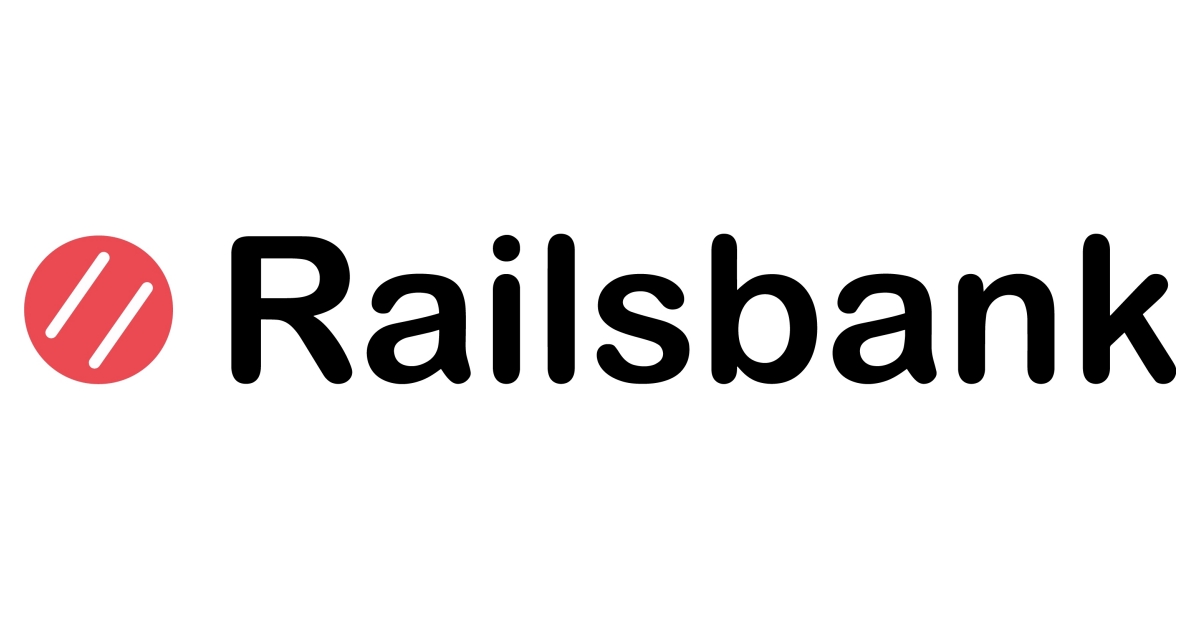
Railsbank, the leading global Embedded Finance Experiences platform, has launched a new white label Buy Now Pay Later (BNPL) credit solution that enables retailers to offer their own branded, fully-integrated BNPL payment experiences.
Railsbank’s solution offers retailers the chance to develop their own branded BNPL option that is customisable, cost-effective and delights customers. In the current landscape, existing BNPL solution providers prioritise their own branding and customer engagement. Retailers are therefore forced to trade off between lesser branded, legacy financing solutions with poor UX, or fully third party branded solutions.
The global BNPL market is estimated to be worth $3.5 trillion by 2030.
“Our solution means that the retailer’s customer does not see the BNPL provider’s brand, but the brand from which they are buying. We want to remove distractions and allow retailers to maximise engagement with their customers. We believe this is a unique offering in the UK and one that will be very popular to a number of different retail verticals including fashion, homeware, travel and sports,” said Louisa Murray, COO of Railsbank, UK and Europe.
Murray explained that: “Customers are increasingly reaping the benefit of checkout financing to help them repay over time. This is supported by digital BNPL providers. But, many of them are building consumer brands in their own right. They’re incentivised to draw customers away to their own platforms, diluting a retailer’s own purchase journeys and brand loyalty. Customers would rather deal directly with their preferred, trusted brands, rather than being routed to a third-party finance provider.”
Railsbank believes its solution is a new way for retailers to offer own-brand, customisable and frictionless payment experiences to their customers. It helps businesses to disintermediate third parties and focus on building long-lasting relationships with their customers.
Railsbank’s solution enables businesses to reclaim this experience by providing their own instalment financing online and in-store. Customers can split payments in up to 36 instalments without distractions or risk posed by a third party. Retailers can declutter checkout flows, unlock new engagement opportunities during the payment and repayment lifecycle, and link rewards accounts. And, they get to hold onto their own customer’s information.
Murray continued: “Our mission is to enable businesses to offer deeply embedded, and relevant financial experiences. We want to remove the distractions and enable new interactions to help retailers materially improve the metrics that matter; conversion, basket size and lifetime customer value. We are excited to add our credit solution to the breadth of experiences that our platform supports today.”
Railsbank’s BNPL solution will be available in the UK and Germany in 2022.
Railsbank is headquartered in London and has offices in Singapore, the US, Australia, Lithuania, Germany, the Philippines, Vietnam and Sri Lanka.









